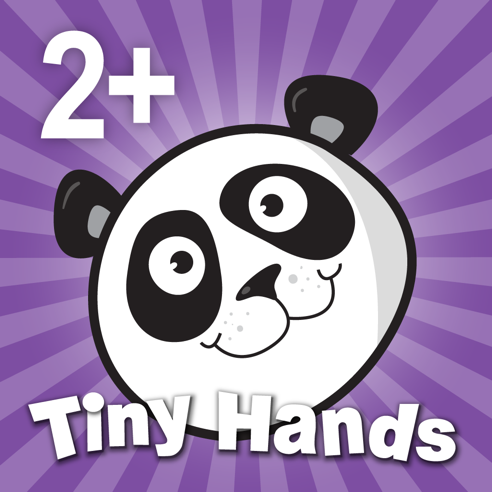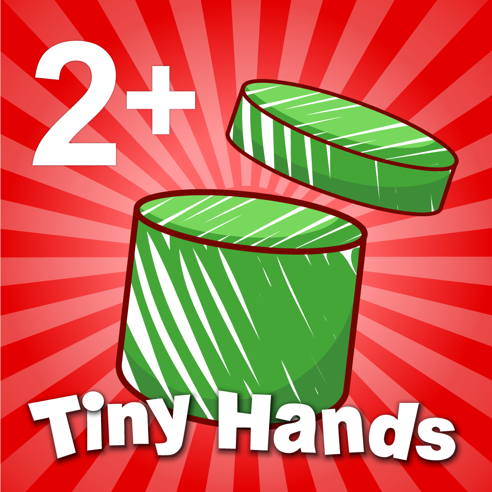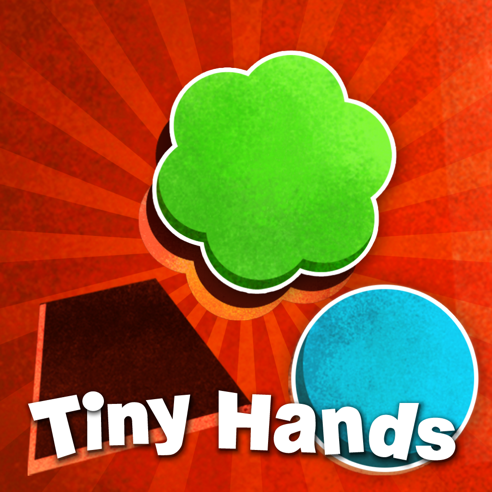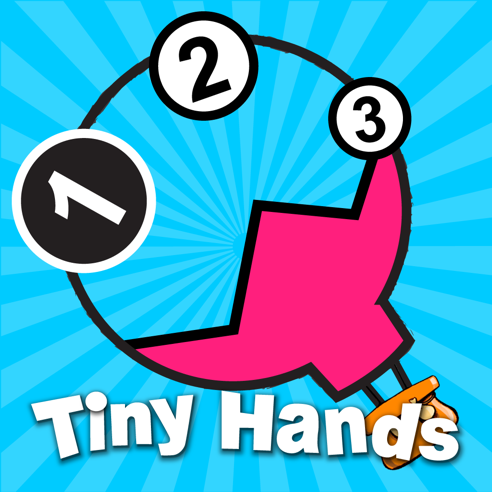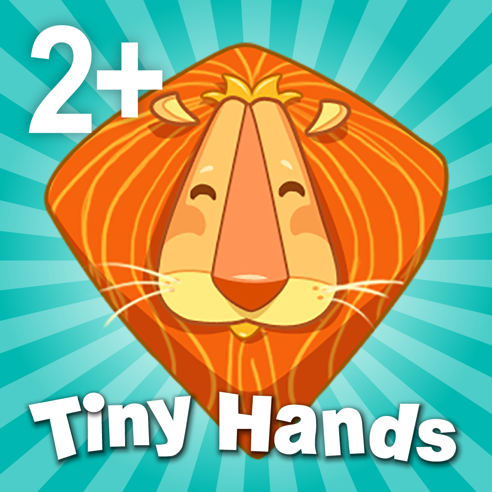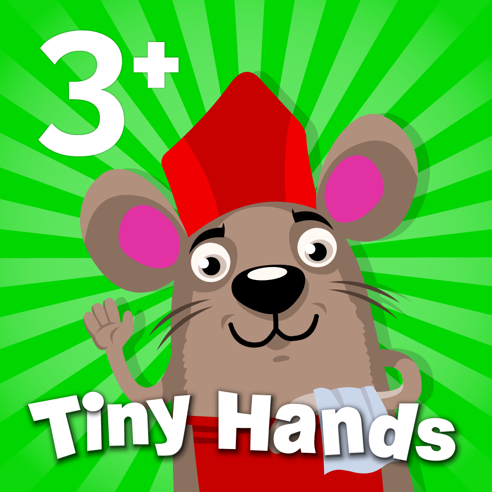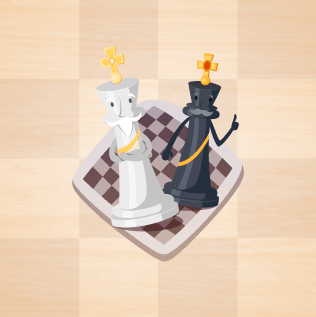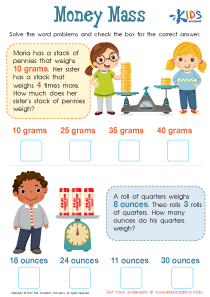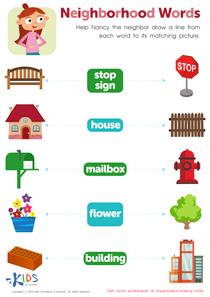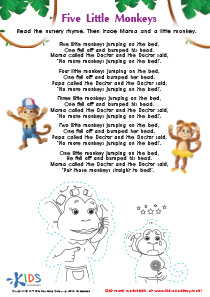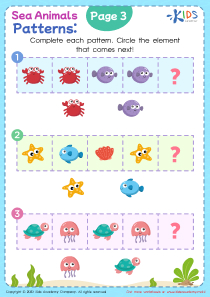Chess Games & Puzzles for Kids Games for Ages 7-8
1 results
Introducing our captivating Chess collection, perfectly crafted for children ages 7-8! Engage your young ones with a world of strategic thinking and fun, as they explore both our interactive games and those soon to be accessible online. Each game is designed with vibrant visuals and intuitive gameplay to match the learning pace of your child, promoting critical thinking and problem-solving skills. Whether your child is a beginner or looking to sharpen their chess prowess, our collection offers an enriching experience that blends education with entertainment. Dive into the timeless game of Chess for Ages 7-8 and watch your child’s intellect and creativity soar!
Unlocking Potential: How Chess for Ages 7-8 Shapes Young Minds
In today's fast-paced world, where children's attention is constantly divided among various digital distractions, the timeless game of chess emerges not only as a beacon of intellectual stimulation but also as a crucial tool in developing young minds. Specifically tailored Chess for Ages 7-8 is not just a game; it's an immersive journey into the realms of strategy, patience, and creativity.
At this pivotal age, children are at the cusp of developing critical cognitive skills that will serve them throughout their lives. Engaging in chess, especially versions designed with interactive elements suitable for their age, can significantly contribute to their mental and emotional growth. Let's delve into the multifaceted benefits of chess for children in this age group and how it can be a cornerstone in their developmental journey.
Cognitive Enhancement
Chess is often likened to a gym for the brain. For children aged 7-8, it offers a rigorous workout for their developing brains, enhancing cognitive skills such as problem-solving, critical thinking, and spatial awareness. Through the strategic nature of the game, children learn to anticipate the consequences of their actions, weigh their options, and make informed decisions. These skills transcend the chessboard, equipping children with the ability to navigate complex situations in real life.
Boost in Academic Performance
Research has shown a correlation between regular chess play and improved academic performance. Chess for Ages 7-8 challenges children to use both sides of their brain—analyzing patterns and solving problems logically while also tapping into their creativity and imagination. This holistic brain engagement can enhance their capacity for mathematics, reading, and comprehension, laying a strong foundation for academic success.
Social Skills and Emotional Intelligence
Chess may seem like a solitary endeavor, but it's deeply rooted in social interaction, whether playing face-to-face or engaging in interactive online games soon to be available on the web. Children learn the importance of sportsmanship—winning graciously and losing with dignity. Patience and persistence are other vital traits nurtured through chess, as children realize that improvement comes with practice and learning from mistakes. These experiences help in cultivating emotional intelligence, empathy, and the ability to connect with others on a deeper level.
Confidence and Self-Esteem Building
As children navigate through the complexities of chess, overcoming challenges, and gradually improving, there's a significant boost in their confidence and self-esteem. Chess for Ages 7-8 is designed to offer a balanced challenge—tough enough to push their limits but attainable with effort and strategy. Each victory, whether over an opponent or mastering a new move, reaffirms their abilities and encourages a positive self-image.
A Lifetime Hobby
Introducing children to chess at ages 7-8 can spark a lifelong passion for the game. With interactive games and the upcoming availability of web-based play, the opportunities to engage and grow through chess are boundless. It's a hobby that not only entertains but also enriches, providing a constant source of learning and personal development.
In conclusion, Chess for Ages 7-8 is more than just a game. It's an essential tool in molding young minds, equipping them with the skills and qualities needed to thrive in an ever-changing world. Through the strategic battles on the chessboard, children learn invaluable life lessons, making chess an unparalleled educational experience.

